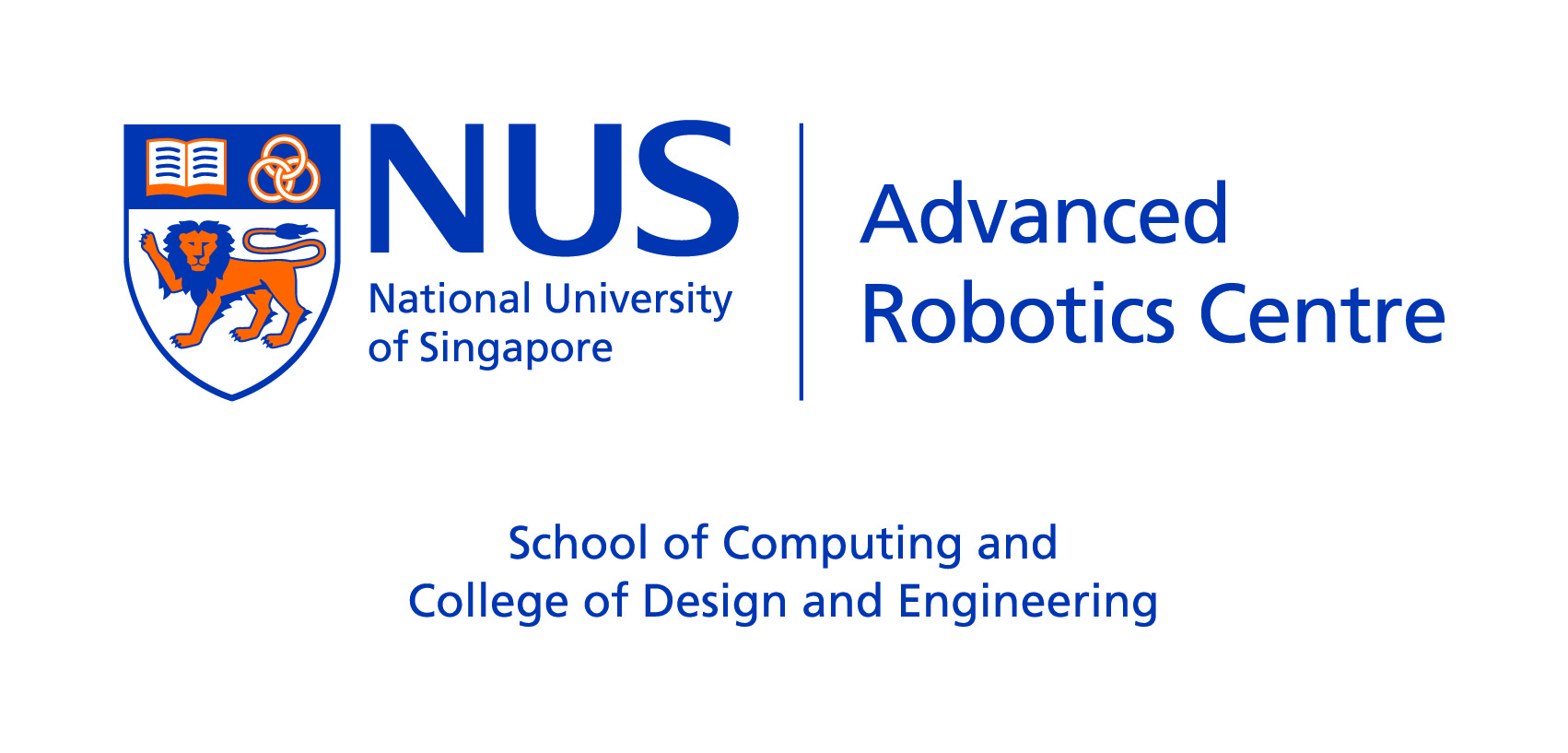Deep learning as CAD in Medical AI & Imaging
Seminar Details
| Speaker | Dr. Zongyuan Ge | |
| Date & Time | 31 August, 2018 | |
| Venue | NUS Faculty of Engineering, Advanced Robotics Centre, Blk E6, Level 7, ARC Engagement Space |
Summary
Dr. Zongyuan Ge is a senior research fellow and Nvidia deep learning specialist at Monash University, Australia. Before he received his Bachelor degree (with first-class honours) in electrical and mechatronics engineering from the Australian National University, Australia in 2012. He then joined Australian Centre for Robotic Vision & Queensland University of Tech to pursue Ph.D. under the supervision of Prof. Peter Corke. During his Ph.D, he wrote and published over 20 research papers and a book about using AI and Big Data in real-world applications. He also spent one year serving as a research consultant for DeepGlint, a unicorn start-up that is providing smart city services to improve people’s life. He joined the IBM Research – Australia lab in 2016 and became the chief technical investigator in developing AI solutions for dermatology and radiology. He has been awarded science accomplishment award and manger choice of the year inside IBM for his excellent contributions to those projects. In 2017, Zongyuan was selected as one of the 200 Most Qualified Young Researchers in Computer and Mathematics by the Scientific Committee of the Heidelberg Laureate Forum Foundation in 2017. More recently, he is becoming the external deputy director of AI research for Airdoc, a start-up company has raised 50 million+ USD since founded. Please register your attendance at the following link by 30 August 2018: https://goo.gl/forms/DJF2f0Q4LtSrSXph2
Abstract
Recent advances in artificial intelligence and machine learning have demonstrated that deep learning technologies have superiority in solving various medical imaging analysis tasks involving CT, MRI and X-ray. In this talk, Zongyuan will go through his research in dermatology and radiology analytics during his career at IBM and NVIDIA research – Australia. More specifically, he will cover the topics of featuring and multi-modal learning for multi-class skin disease classification, loss function and model architecture design for lung disease detection on chest X-rays, and Open-set setting for general image classification.
Back to Seminars & Colloquiums
